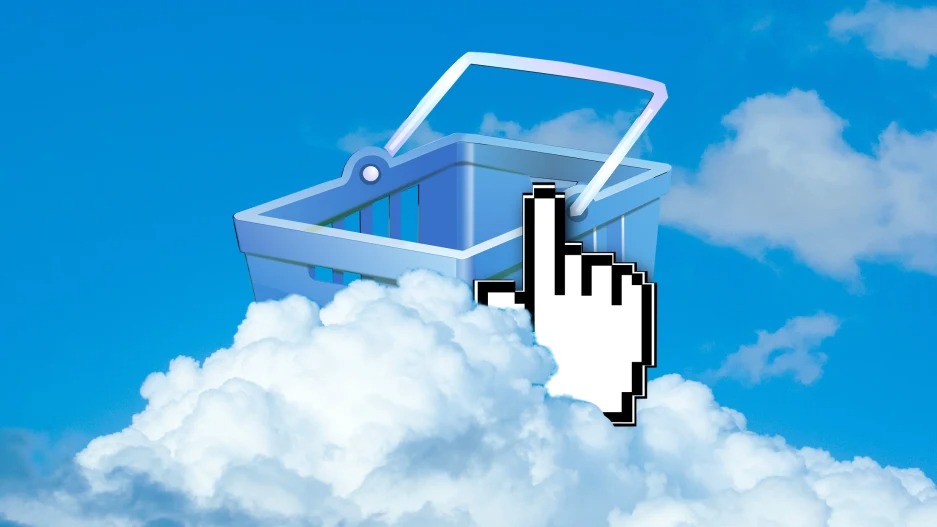- | 8:00 am
Bluesky invites are in high demand. Here’s what people are doing to get them
Some people are paying up for an invite code to Jack Dorsey’s new Twitter alternative, and scammers appear to be cashing in.

After simmering in the background of social media for more than two years, Bluesky has quickly become one of the most sought-after Twitter alternatives.
Invitations for the site’s private beta are the online equivalent of a Willy Wonka Golden Ticket, with some people paying hundreds of dollars to gain early entry into the decentralized social network that’s headed by Twitter founder Jack Dorsey.
Completed auctions on eBay show “sold” listings for invite codes fetching $395 and $300, with dozens more going for $200 or less. That furor is, predictably, leading to inflation in some of the newer listings, with one seller asking $999 for their invite code.
A new subreddit has also appeared, where people can post their pleas for an invite code. (Technically, the subreddit started a couple of months ago, but it has roared to life with activity in the past few days.) While there are plenty of requests, there don’t appear to be a lot of success stories of users benefitting from the kindness of strangers.
There are, however, plenty of warnings about spammers and scammers taking advantage of the long list of Bluesky wannabes, offering to sell non-existent codes.
If this rush to get a code sounds familiar, that’s because it has played out dozens of times in the social media world. Two years ago, the hot new site was Clubhouse, which saw a similar level of frenzy (right down to its own invites subreddit.) Prices on eBay were a little cheaper, with the average invite selling for between $20 and $50, but seeing as that was a couple of years ago, we can write some of that off to inflation—and the rest, perhaps, to the growing negative sentiment toward Twitter.
Clubhouse, of course, hasn’t had the happiest of stories in the long run. As the pandemic came to an end, people were less drawn to the audio-based social platform. Big names, which helped it rise to prominence, stopped dropping by. And last week, the company laid off more than half its staff and announced plans to refocus.
“As the world has opened up post-COVID, it’s become harder for many people to find their friends on Clubhouse and to fit long conversations into their daily lives,” the founders wrote in an email to employees. “To find its role in the world, the product needs to evolve. This requires a period of change.”
As for Bluesky, the idea of a social network that doesn’t have a central governance and, in some ways, is more like email, where users choose the program that acts as their front-end tool, has caught on with early users. Fast Company’s Chris Stokel-Walker described it as being “everything Twitter used to be.”
“When I joined, I felt immediately like I had to adopt a different tone of voice,” he wrote. “I wasn’t serious; I was playful. I was acting like I did 10 years ago, trying to fit in with the cool kids online.”
Perhaps that’s what is driving the rush to join early—that desire to be part of a social media community that’s not about political arguments or crypto rug pulls, but rather just a fun place online where you can escape the drudgeries of the everyday world and have fun.







































